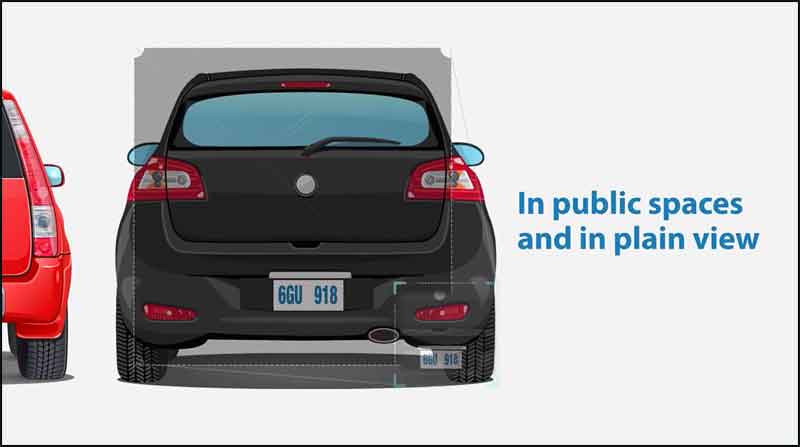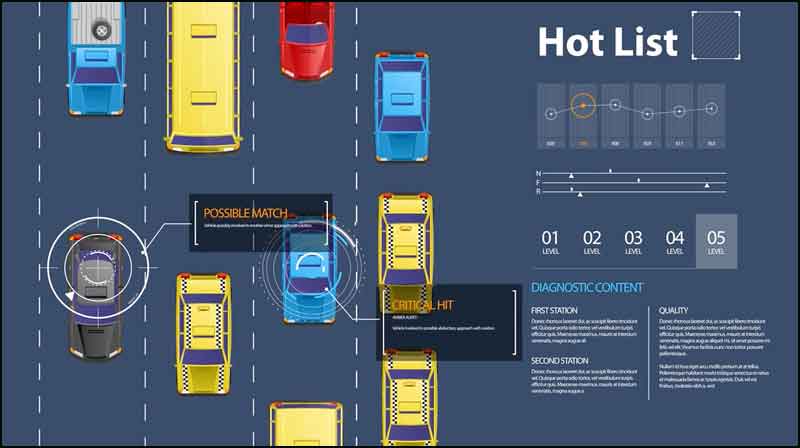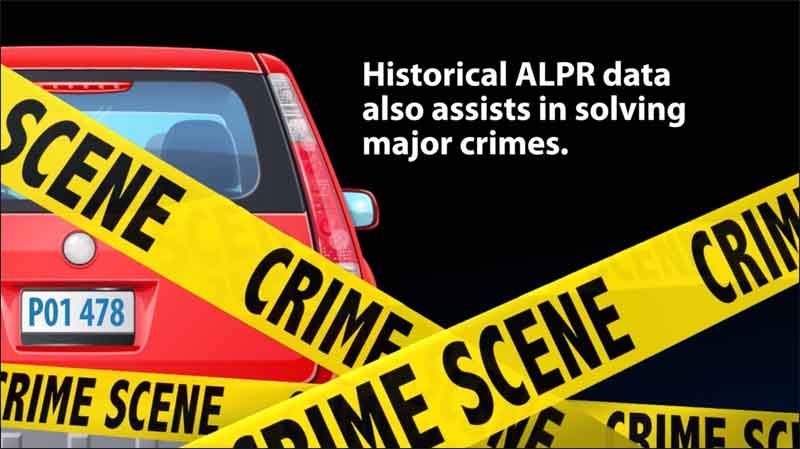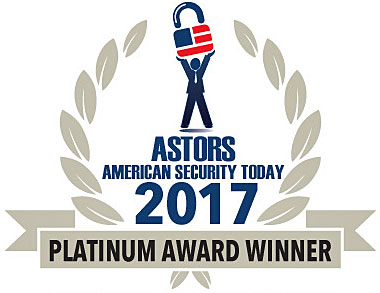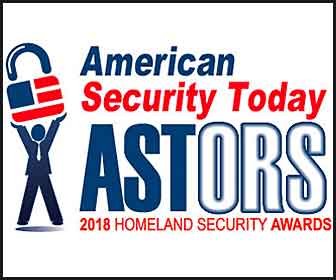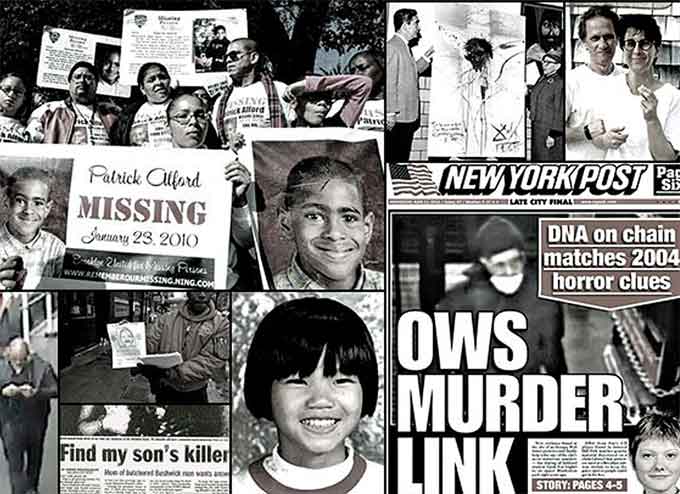
By Tom Joyce
Nearly 15 years ago, I was named the NYPD’s Commanding Officer for the cold case and homicide squad.
When I started, there were 8,000 open homicides dating back to 1970 that had yet to be solved.
One of the first things I did was review as many of those files as I could.
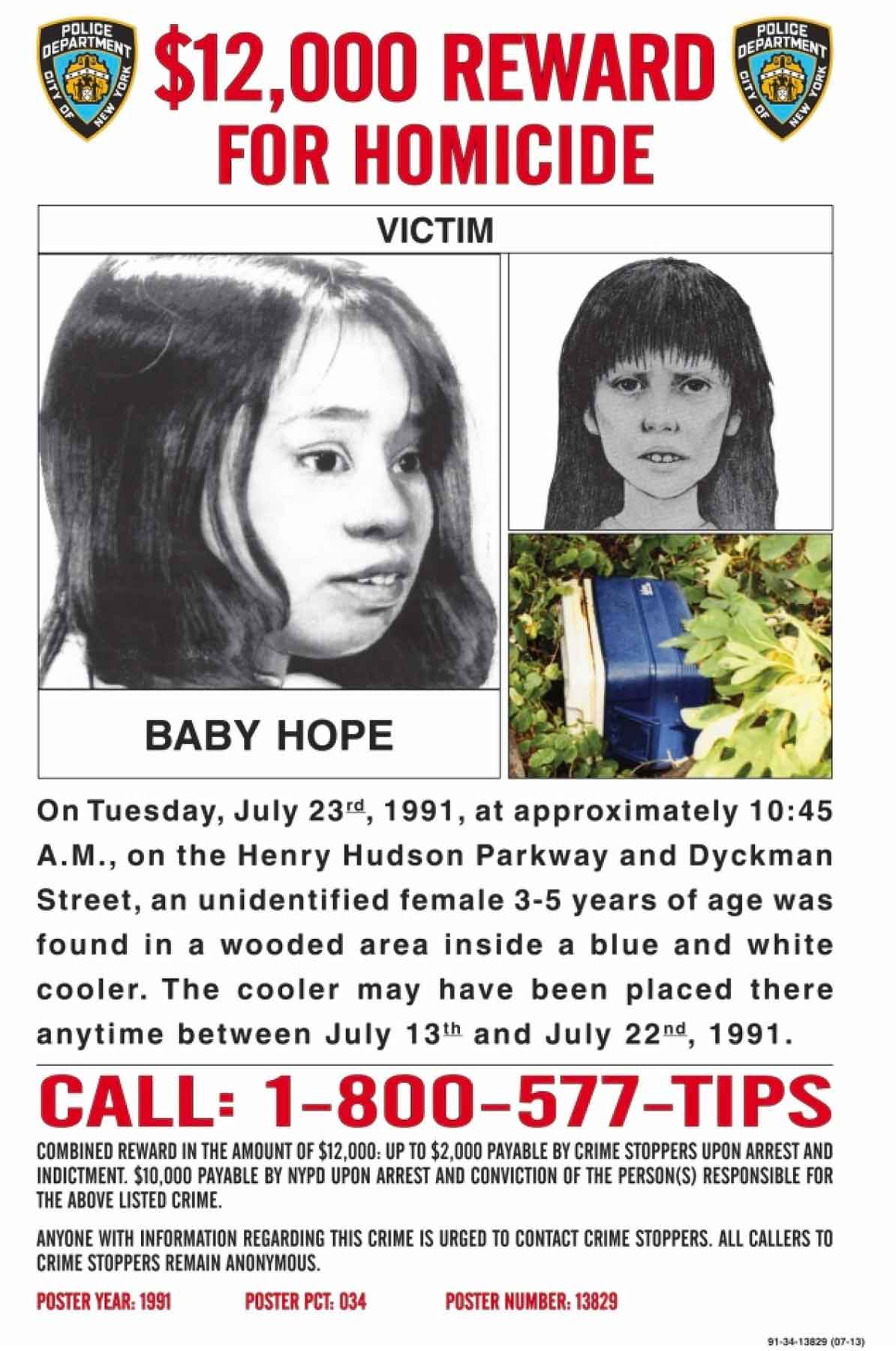
I read case after case, looked at crime scene photo after crime scene photo. It was a painstaking process.
It was also incredibly emotional.
People often think of homicide cops as detached from the carnage they see.
I can tell you that is rarely the case.
During the course of my career, I attended far too many post-mortem exams.
One that still haunts me involved a two-year-old girl – the victim of a stray bullet in the gunfire between warring gangs.
I’ve sat across the table from countless families who have begged for justice for their loved ones, and I’ve traveled up and down the east coast looking for fugitives, because justice is what those families deserved.
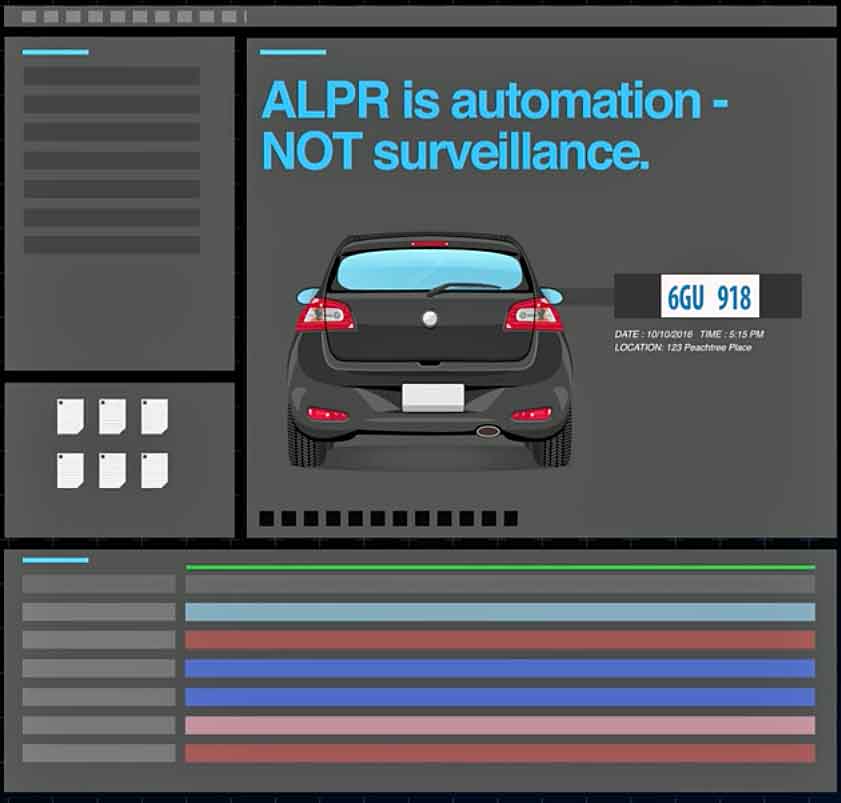 These investigations require substantial legwork.
These investigations require substantial legwork.
They require detectives who are relentless in their search for suspects.
And they require every tool that is available.
License Plate Recognition technology, or LPR, is one such tool.
It is not a smoking gun, or an end-all-be-all clue that alone can land someone behind bars – but it does provide incredibly helpful information within the scope of a much larger investigation.
And, in the totality of all the evidence collected in a case, LPR data can be a key element that facilitates the expeditious closure of a violent crime case.
I do not discount anyone’s opinions or concerns when it comes to the issue of privacy.
(When lives are on the line, every second counts. Every tool available to help develop leads and solve crimes counts, too. License Plate Recognition technology helps law enforcement agencies solve more crimes. Courtesy of Vigilant Solutions and YouTube)
As technology plays a growing role in our everyday lives, questions must be asked. In the case of LPR, however, concerns are often more visceral than they are based in fact.
As we all know from standing in lines at the DMV, everyone who owns a vehicle must have a license plate prominently displayed on the back and – depending on the state – the front of that vehicle.
It is not private information – and that has been decided by judges across the country in case after case.
In fact, in a decision just this month, U.S. District Judge Richard Boulware II stated that a “license plate image … and the location of the observation … was obtained from a digital camera while the (vehicle) was on a public street … The court does not find that there was any form of ‘electronic trespass’ that might implicate a reasonable expectation of privacy.
The location information in this case was not generated by (the suspect) electronically or digitally surrendering private or confidential information to a third-party working in cooperation with law enforcement.”
The data collected from the LPR system was used as part of the evidence in a warrant issued that led to the discovery of stolen mail, forged money orders and other illegal items at this suspect’s home.
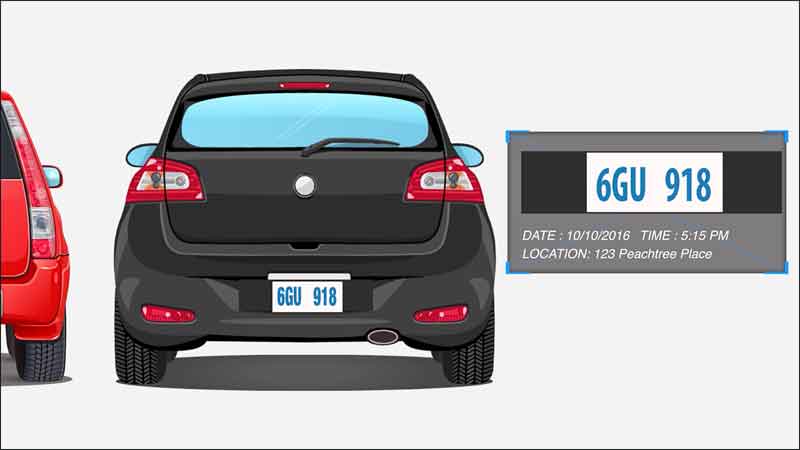 In that particular case, the LPR camera collected only the license plate number – a snapshot of where the vehicle was located at a specific time.
In that particular case, the LPR camera collected only the license plate number – a snapshot of where the vehicle was located at a specific time.
The driver was not identified by the system, and the vehicle itself was not tracked.
However, the license plate was captured at a location that offered evidence that the vehicle associated was involved in a crime.
An LPR camera might also capture the license plate number of a stolen vehicle, allowing law enforcement to stop and arrest the driver on his or her way to commit an armed burglary.
It can also identify the plate number of a vehicle that was at the exact location of a drive-by shooting when it occurred – leading to a key suspect or a key witness.
In the case of the latter example, I can’t help but think of that little girl – and countless other cold cases I read through as a member of the NYPD.
I also think of Isadore Pacht, a Holocaust survivor who was shot and killed inside his tailor shop in the Bronx in 1971. His case wasn’t solved until 2005.
Should a family ever have to wait 34 years to make peace with a tragedy? Could LPR have helped identify the people responsible for these deaths?
I believe the answer is yes; in many cases LPR technology certainly could have provided a valuable lead that allowed investigators to close many cases faster and facilitate justice.
LPR is not some new and nefarious way to track people to and from the grocery store or their homes or their friend’s homes.
It serves a very narrow and specific purpose.
Its function is to assist in bringing criminals to justice, or even stopping them before they commit further damage. How can law enforcement neglect such a tool?
The key to leveraging LPR is transparency and ensuring the public is educated about the tool’s strict policies and adherence to privacy laws.
When presented with all of the information, the case for LPR is clear.

Tom Joyce is a retired member of the NYPD in the rank of Lieutenant Commander of Detectives and Vice President of Business Development at Vigilant Solutions, Platinum Award Winner in the 2017 ‘ASTORS’ Homeland Security Awards Program for Best License Plate Recognition System.
He can be reached at tom.joyce@vigilantsolutions.com.
Vigilant Solutions Wins Platinum in the 2017 ‘ASTORS’ Homeland Security Awards Program
-
Vigilant Solutions
- Platinum ‘ASTORS’ Award Winner
- License Plate Recognition (LPR) System
- Best License Plate Recognition System
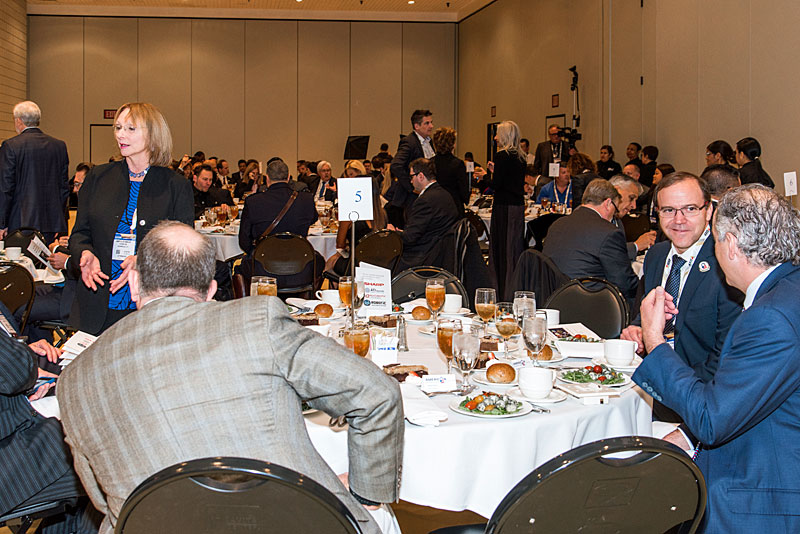
Over 100 distinguished guests from National, State and Local Governments, and Industry Leading Corporate Executives from companies allied to Government, gathered from across North America and the Middle East to be honored from disciplines across the Security Industry in their respective fields which included:
- The Department of Homeland Security
- The Department of Justice
- The Security Exchange Commission
- State and Municipal Law Enforcement Agencies
- Leaders in Private Security
Recognized for their Innovative Training and Education Programs, Outstanding Product Development Achievements and Exciting New Technologies to address the growing Homeland Security Threats our Nation is facing.
Nominations are now being accepted for the 2018 ‘ASTORS’ Homeland Security Awards at https://americansecuritytoday.com/ast-awards/.
American Security Today will be holding the 2018 ‘ASTORS’ Awards Presentation Luncheon to honor Nominees, Finalists and Winners in November 2018, in New York City.
For ‘ASTORS’ Sponsorship Opportunities and More Information on the AST 2018 ‘ASTORS’ Homeland Security Awards Program, please contact Michael Madsen, AST Publisher at: mmadsen@americansecuritytoday.com or call 732.233.8119 (mobile) or 646-450-6027 (office).
Learn More…
Open Letter to Vigilant Solutions Customers
By Susan Crandall, Vice President of Marketing and Legislative Affairs, VaaS International Holdings
Feb 21, 2018
Dear Vigilant Solutions Customer,
We know you are experiencing an onslaught of Freedom of Information Act (FOIA) and Public Records Act (PRA) requests from the Electronic Frontier Foundation (EFF) and MuckRock regarding your use of our license plate reader (LPR) technology.
We write this letter to let you know, quite simply, we support you and are here for you.
We know why you use LPR technology: It has a proven track record of helping to solve crimes and saving lives.
We are proud of the technology we have built, and we are honored you use our solution.
(Learn More. Courtesy of Vigilant Solutions and YouTube)
We also realize we are on an island when it comes to these recent attacks from EFF and MuckRock, because our services stand out as the best and most effective on the market.
The 9/11 Commission called on law enforcement across the United States to collaborate by sharing investigative information and data.
The Commission said a “network-based information-sharing system that transcends traditional governmental boundaries” was essential to effecting change.
As you know, we rose to that challenge, and built a true nationwide sharing platform that allows agencies to share data in real time, improving the safety of your community and your department.
While this has led EFF and MuckRock to target our company and your agency, we firmly stand behind our mission to provide the best image analysis services available, so law enforcement can solve crimes and identify suspects quickly and efficiently.
EFF and MuckRock have consistently ignored the fact that, every day, we are blessed to receive numerous emails sharing success stories:
- An abducted child recovered
- A murder suspect apprehended four states away
- An abducted woman rescued while drugged and helpless
- Adomestic terrorist located in the next state after igniting a failed pipe bomb, and
- An elderly woman found driving in her vehicle, lost and confused
- to name only a few out of the tens of thousands of success stories.
(Learn More. Courtesy of Vigilant Solutions and YouTube)
The EFF has noted that California agencies are sharing with the U.S. Forest Service, universities on the East Coast, and airports in Tennessee.
EFF is apparently unaware that criminals travel across state lines.
Perhaps these writers have not read the countless stories about crimes committed on college campuses, at airports and even in National Parks.
We have drug interdiction customers among you who have identified vehicles traveling from Texas to Baltimore, San Diego to Michigan.
One of you solved an abduction case and recovered a child who was taken from California and found in Memphis, Tennessee.
License plate reader technology not only helps keep your communities safe, but it also gives you a greater level of situational awareness.
Real-time alerts for a license plate of interest on stolen vehicles, wanted felons, and outstanding warrants allow law enforcement to take immediate action.
And these alerts are triggered based on a sequence of letters and/or numbers captured on a hot list, not on race, age or gender.
(Learn More. Courtesy of Vigilant Solutions and YouTube)
What’s more, when one of your patrol officers pulls over a vehicle for a moving violation, our license plate database could help determine if the vehicle’s registered owner is wanted for armed robbery and possibly carrying a handgun.
We have lost 19 law enforcement officers since the beginning of 2018.
Now, more than ever, your officers need every tool available to help ensure their safety as they go forth each day and risk their lives to protect others.
Vigilant Solutions has always taken the position of balancing the safety of officers and citizens with privacy.
We built a sharing platform that provides complete transparency to agencies.
It also allows agencies to select their own data retention settings to comply with their agency policies.
We employ a full-time Director of Information Security and Compliance who helps ensure Vigilant meets FBI-CJIS compliance standards and works with our partner agencies to develop and execute the necessary policies to meet stringent compliance requirements.
Additionally, court rulings in Nevada and Kentucky within the past two weeks have upheld the obvious – LPR technology does not violate an individual’s privacy.
The law requires that license plates be displayed on vehicles operating on public streets, and time after time judges have ruled this means there can be no expectation of privacy when it comes to this data.
The real impetus behind this campaign is so EFF and MuckRock can capitalize on the most well-known emotional trigger for fundraising: Fear.
Their aim is to paint a false picture of sharing LPR data by leading their readers to believe it is reckless, unrestricted and used to track individuals.
In short, they are attempting to scare individuals into hitting one of the countless “Contribute” and “Donate” buttons on their website.
The mission of Vigilant Solutions is to support federal, state and local law enforcement in their efforts to make communities safer.
We will continue to do this unapologetically across the United States.
(Learn More. This video explains the basics of LPR, from a privacy standpoint, to address some of the misrepresentations of the ACLU and the media. LPR is a valuable, life-saving tool, that contains absolutely no personal information. Efforts by law enforcement to connect a license plate to an individual are already governed by the Federal Driver’s Privacy Protection Act. Courtesy of Vigilant Solutions and YouTube)
If there is anything we can do to assist you, or if questions arise from your communities, your civic leaders or your department, please let us know and we will provide that support.
Be Safe. Be Smart. Be Strong. Be Vigilant.
Susan brings over 15 year of business experience in the data and technology field, holding leadership roles in business development, product development, market strategy and marketing.
As the Vice President of Marketing and Legislative Affairs, Susan is responsible for the VaaS global brand, public relations and communications strategy.
Additionally, she will support Vigilant Solutions and DRN in their continuing efforts to help customers and partners navigate the legislative landscape to ensure the continued safe and responsible use of data.













